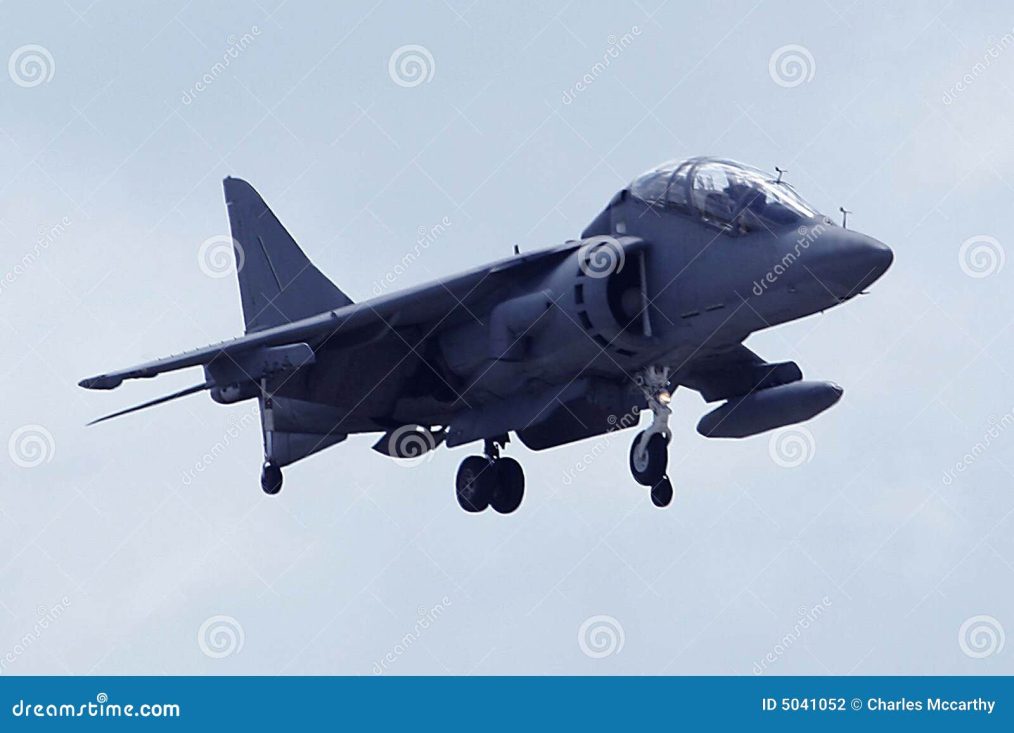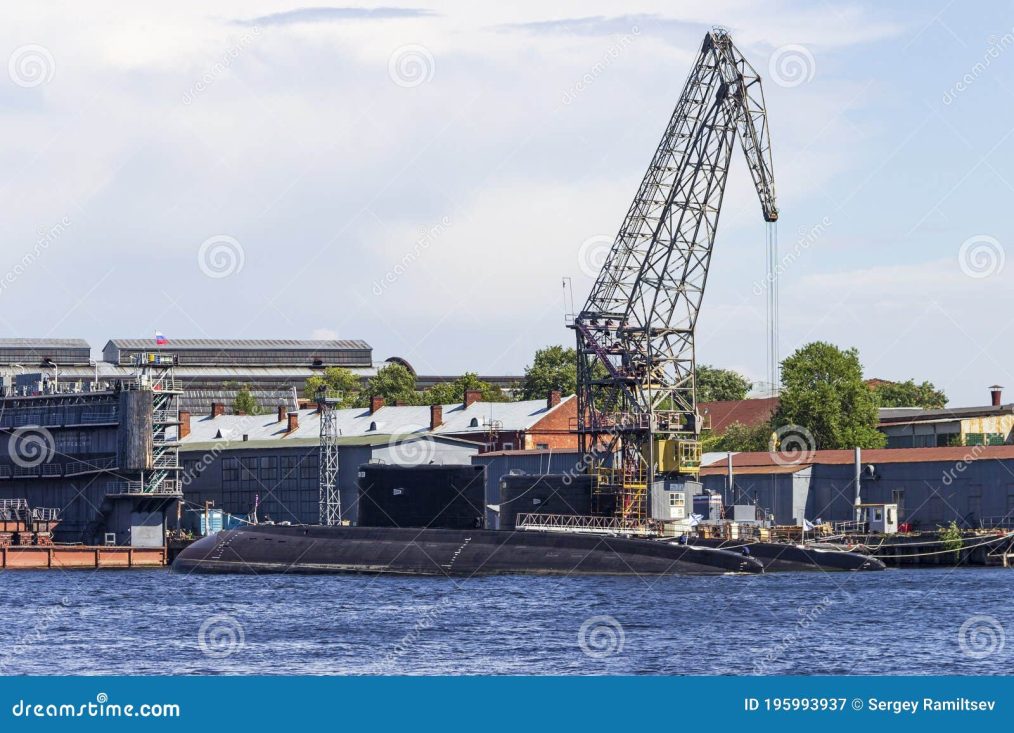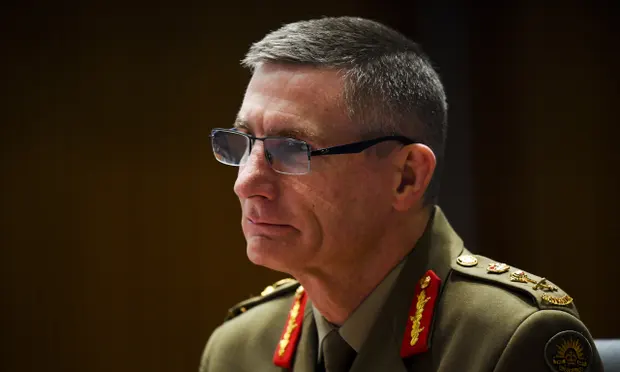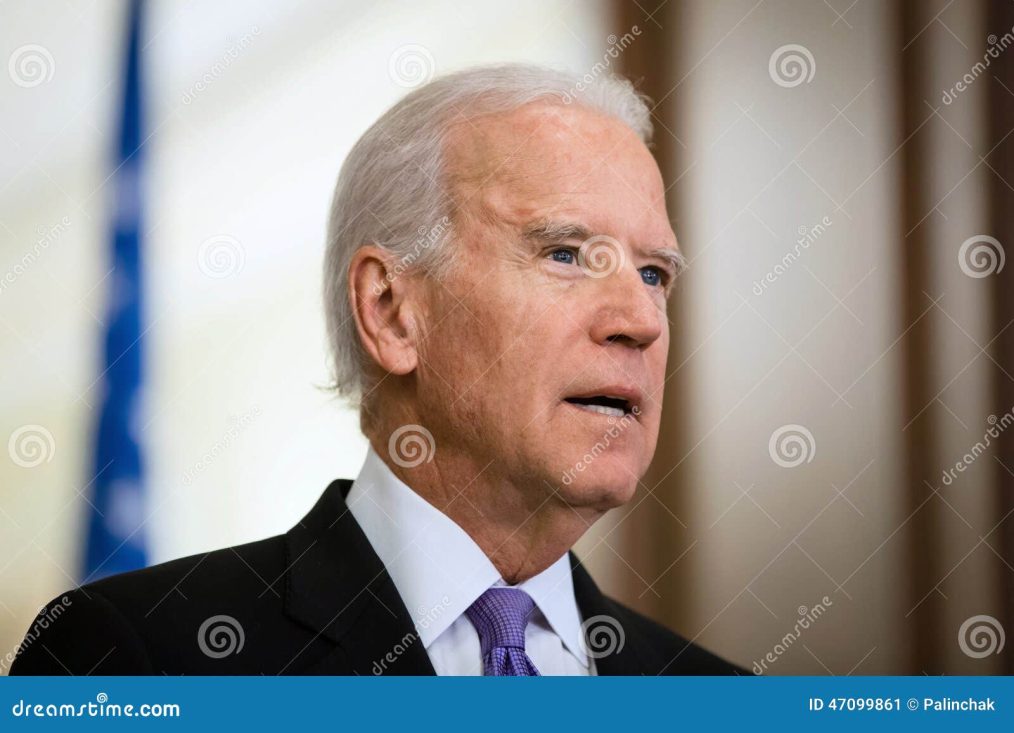The Russian Navy Kilo Class submarine which was hit by Storm Shadow / SCALP cruise missiles has been moved. The Rostov on Don is now in a new hiding place further inside the Crimean port of Sevastopol. It is camouflaged but has not gone unnoticed.
CLICK LINK to read the article from Naval News
Russian Submarine Hit By Missiles Now In New Hiding Place In Sevastopol – Naval News
Mitchell Wiggins Blog
The rapid downfall of British power in the East, marked by Japan’s swift conquest of Malaya and the fall of Singapore in 1942, shattered Australia’s belief in British invincibility. This event had profound and lasting consequences, reshaping Australia’s defence and foreign policy outlook.
In response to the looming Japanese threat, Prime Minister John Curtin urgently recalled Australian troops from North Africa and appealed to both the Australian public and the United States for support. Curtin’s speech underscored the peril facing Australia and the strategic importance of the Pacific, warning, “If Australia goes, the Americas are wide open… The saving of Australia is the saving of America’s west coast.”
This strategic pivot led to the signing of the ANZUS Treaty in 1951, a collective security agreement between Australia, New Zealand, and the United States. This treaty significantly alleviated Australia’s strategic anxieties, dating back to colonial times, and allowed for the development of an independent strategic doctrine known as “Forward Defence.” This doctrine aimed to deter adversaries by creating a layered defence system that could respond before involving the United States.
Despite Australia’s significant contributions under the ANZUS framework, the nation has often been perceived merely as a “Loyal Deputy” to the United States. This perception was particularly reinforced during the Vietnam War and the Global War on Terror, causing some regional unease. However, the ANZUS Treaty and Australia’s proactive defence policies have provided stability, positioning Australia as a key player at the crossroads of the Indo-Pacific.
Australia’s journey from reliance on British power to becoming an independent strategic leader underscores its evolving role in regional and global security. The ANZUS Treaty, coupled with the Forward Defence policy, has been instrumental in this transformation, ensuring Australia’s pivotal position in the Indo-Pacific amidst shifting global dynamics.
Media Release
Hanwha Redback infantry fighting vehicles will be equipped with Mk44 Stretch Bushmaster chain guns through a newly announced industry partnership. The Mk44S guns are compatible with Northrop Grumman’s advanced ammunition suite, featuring programmable air burst munitions. This provides Australia with cutting-edge ammunition technology.
Over 20,000 Bushmaster chain guns are used globally by 65 allied nations across various combat platforms. Northrop Grumman’s Jennifer Zonneveld praised the guns for their performance and reliability, highlighting their choice by international customers. She emphasized the partnership’s goal to equip the Australian Army with the world’s most advanced medium calibre capability.
The advanced ammunition suite includes multifunction airburst, armour-piercing, and proximity-fused munitions, enabling crews to counter diverse ground and aerial threats effectively.
The program extends the Bushmaster legacy in Australia, where these chain guns are already integrated into the Australian Defence Force’s combat platforms. Earlier this year, Hanwha Defence Australia’s training team conducted driver training for the Redback IFV in South Korea as part of an ongoing skill development initiative.
The Australian government has signed a $4 billion contract with Hanwha Defence Australia for 129 Redback IFVs, set for manufacture in Australia with deliveries starting in 2027 and completion by 2028. Eight prototype vehicles will be produced in both South Korea and Australia. The contract also includes development and delivery of training and support systems, with initial support covering the first five years post-delivery.
Today as I was getting depressed about the world we live in and dwelling on pessimism and optimism I asked myself what the difference is. I concluded that:
An optimist is someone who has sinned all his life but starts taking harp lessons in his old age.
A pessimist is someone who is presented with the choice of two calamities always takes both.
You usually don’t get much comfort from politicians, but I then turned my thoughts to one who was a bit different and I thought I should share it with friends a relatives, in case they are feeling a bit down.
Mike Kenavan
It’s a nice story about a President who seemed like a genuinely nice bloke and I refer to Ronald Reagon.
When he was first elected President the Whitehouse arranged a function for him to meet the Congressmen and Senators. At the start of the function he appeared behind the microphone, leaning forward on the lectern with everyone expecting a typical politician’s speech.
He started by saying that he was an optimist and that his country could get back to the good times and then said, “I am going to tell you a story about optimism before I declare what I intend doing.”
These parents were blessed with twin boys but as they began to walk and talk the mother and father began to notice that one was becoming a pessimist while the other was always looking on the bright side. This presented a problem around suitable gifts on their birthday – something that might lift the spirits of one and perhaps dampen the over exuberance of the other.
They had a large house so they decided to fill one empty room with some wonderful toys to brighten up the pessimist and to put a load of horse manure in the other to bring the other back to the reality of sometime disappointment.
They dispatched the boys to the respective rooms and waited an hour before inspecting the results of their experiment.
At first, they went to the room with the toys and there they found the first twin crying and when asked why he said, “This toy isn’t going to last, this toy won’t work when it runs out of batteries and this toy is going to be stolen along with a lot of other negative comments.”
Sullen-faced they went into the adjoining room to see how the other little boy was getting on. On opening the door, they saw this smiling face digging his way through the pile of horse manure with his cupped hands. Surprised they said, “Son, what on earth are you doing that for?”
He said, “I’m looking for the pony.”
And the President said, “That’s what I’m going to do, look for the pony.”
We have received advice of the death on 5 June 2024 of John Fredrick Tonkin.
He was 79. John served as a Bombardier with 104th Field Battery of 12th Field Regiment in Vietnam from May 1968 until December 1968.
A funeral for John will be held on Saturday 15 June 2024 commencing at 1000 hours in the West Chapel of Pinnaroo Valley Memorial Park, Perth.
Messages of condolence may be sent to jnbt@iinet.net.au or by mail to 4 Ospringe Street, Gosnells, WA 6110.
RIP John Fredrick Tonkin
Peter Bruce, OAM
Obituary Resource Officer
RAAHC
pjbruce8@bigpond.net.au
Photo: Lucinda Allanson/Royal Australian Navy
A newly delivered Navy supply ship, HMAS Supply, has been out of commission for over a year due to a crooked propeller shaft. Australia’s Chief of Navy, Vice Admiral Mark Hammond, expressed his disappointment over the significant defects that rendered the ship unusable. “There are defects in the design and delivery of the ship, the ship remains under repair,” he stated at a parliamentary hearing on June 6.
The Navy is currently repairing the vessel with the help of Spanish shipbuilder Navantia, who has accepted responsibility for the defect and is covering the repair costs. However, Vice Admiral Hammond noted that Australia will not be compensated for the loss of capability during the ship’s downtime. The HMAS Supply is expected to be out of the water until at least 2025, with a new propeller shaft from Europe potentially taking 40 weeks to arrive.
The issue came to light during a bearing review, and the ship remains under repair at Garden Island in Sydney. The HMAS Supply is an Auxiliary Oiler Replenishment (AOR) vessel, designed to provide operational support for naval forces. The contract for two supply ships and associated infrastructure cost taxpayers $1.3 billion.
General Angus Campbell will retire as Chief of the Defence Force in just a month, leaving behind a mess of morale and military disasters.
NBC News – Jake Wilder – X
US President Joe Biden was at the shores of Normandy today to commemorate the 80th anniversary of the D-Day landings during WWII. However, it doesn’t seem like it was all smooth sailing… Here’s an awkward moment captured on video, featuring the Biden and Macron couples.
The above video makes me wonder: ” Why Biden is running for a second term? ” What is going on with him?
The upcoming debate between Biden and Trump should be interesting.
 DEFENCE Minister Richard Marles’ inspired decision to open ADF recruiting to non-Australians was, well, brave and courageous.
DEFENCE Minister Richard Marles’ inspired decision to open ADF recruiting to non-Australians was, well, brave and courageous.
Or was he being courageously braver when he seemed to sidestep responsibility and credit his deputy Veterans Affairs Minister Matt Keogh instead?
Either way it was a decision you make when you are not making a decision about something which has existed for decades. albeit this time with a glace cherry impaled on a paper umbrella to make it appear more attractive.
Long before PC Wren’s fictional Beau Geste, suspected of lifting his family jewels, fled to Paris’ Rue St Dominique to join the Foreign Legion, foreign nationals have been welcomed into ADF ranks.
CLICK LINK to continue reading










